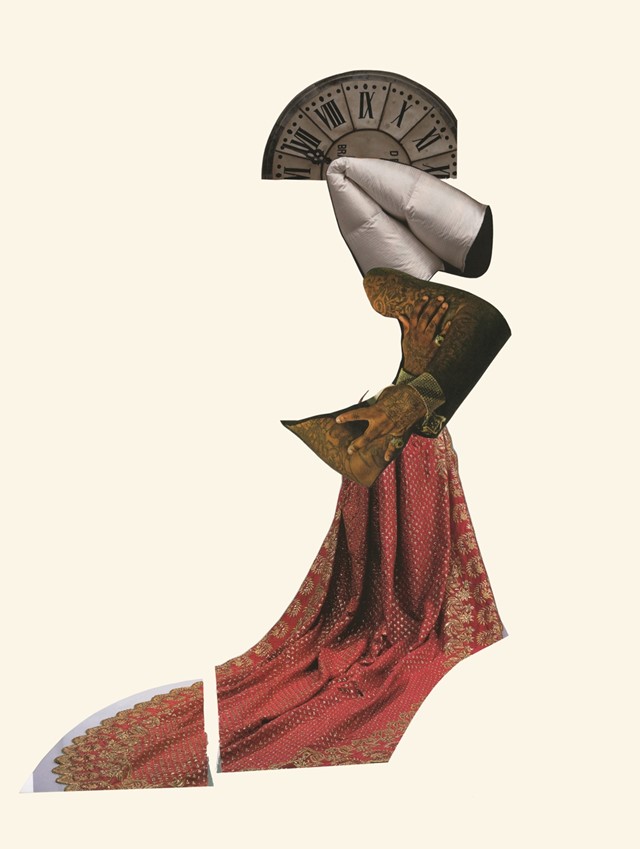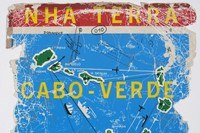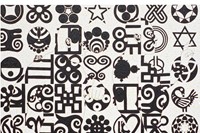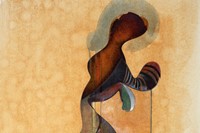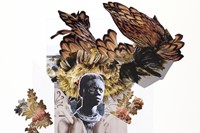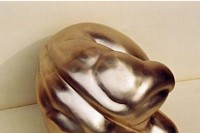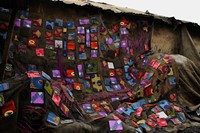Now in its second year, the 1:54 contemporary art fair is providing an exciting perspective on the art emerging from across Africa
There are few world-class art fair previews during which the windows mist as collectors and curators dance wildly to an afrobeat DJ set, but that hasn’t been the only delightful element that set this week’s 1:54 Contemporary African Art Fair apart. Now in its second year at Somerset House, and running concurrently with Frieze, it is Europe’s leading fair dedicated to talent from the African continent and its diaspora. Impressive galleries, among them London’s October, CCA Lagos and New York’s Taymour Grahne, have brought together over 100 artists of interest to this space today.
“1:54 aims to rebalance the visibility of African artists within international exhibitions, collections and fairs,” says founder Touria El Glaoui, a business consultant and daughter of famed Moroccan artist Hassan El Glaoui. And it’s working. While the scene has been growing steadily in recent years, over the past 12 months interest from major institutions has spiked. Headlines include Edson Chagas winning a Leone d'Oro for Angola at the Venice Biennale, the Tate Modern’s Ibrahim El-Salahi retrospective and the Brooklyn Museum’s survey of Wangechi Mutu.
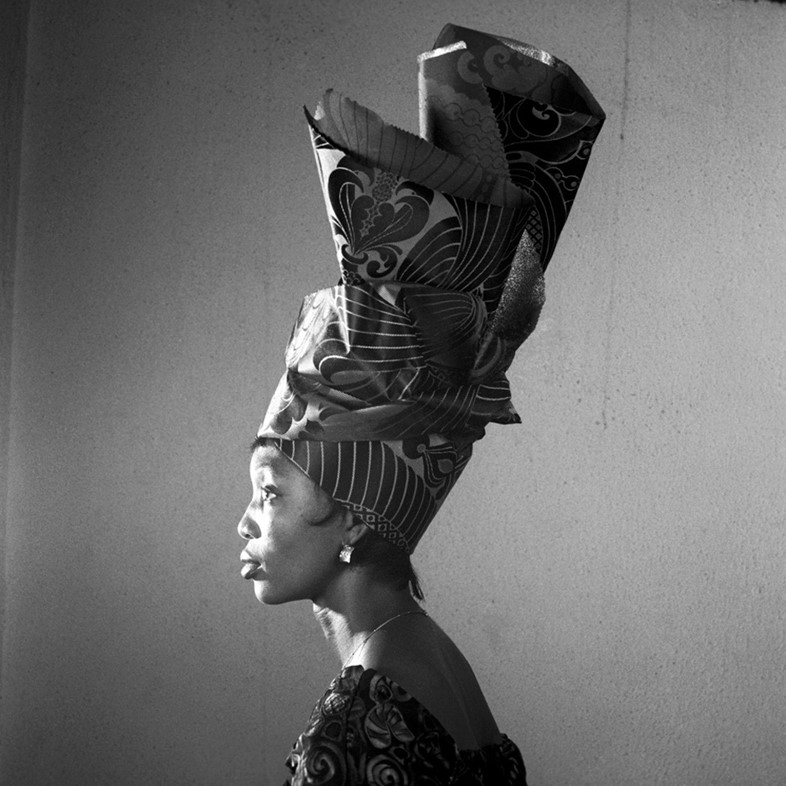
This year, 1:54 champions both established names such as JD 'Okhai Ojeikere, Meschac Gaba, Vincent Michéa, Owusu Ankomah and Roger Ballen alongside many rising stars. Marcia Kure is a Nigerian artist whose evocative watercolours and collages draw together opposing narratives as a means of exploring womanhood, race and belonging. Meanwhile Lawrence Lemaoana uses mixed media, most often cotton kangas, to question masculinity and mainstream media in South Africa. It’s easy to spy a grotesquely dancing Jacob Zuma in appliqué form stitched into his works.
Italian-born Maïmouna Guerresi’s photography is drawn to the philosophies of Islamic Sufism and feminine spirituality. Large-scale triptychs depict separate family members, who are joined by a calm communion. “It’s about elevation and meditation,” explains Mariane Ibrahim-Lenhardt of M.I.A gallery in Seattle, who represents Gueressi. “The artists at 1:54 reflect what’s happening now but also connect to ancient cultures in order to create a hybrid futurism.”
“The artists at 1:54 reflect what’s happening now but also connect to ancient cultures in order to create a hybrid futurism” — Mariane Ibrahim-Lenhardt
Currently also showing as part of the Pangaea exhibition at Saatchi Gallery, Ghana’s Ibrahim Mahama exhibits one of his “social interventions” at the fair. Covering a room in used burlap sacks patchworked together by market traders, his pieces are more often found taking over public spaces in Accra. “I create political work that the audience has to get into, walk on, be implicated in it, which relates to today’s social structures,” says Mahama. 1:54 also has a political intention in his view. “Most big fairs exclude African galleries but this one gives them a platform to engage with all kinds of audiences. It’s not about validating African art but it is creating a dialogue.”
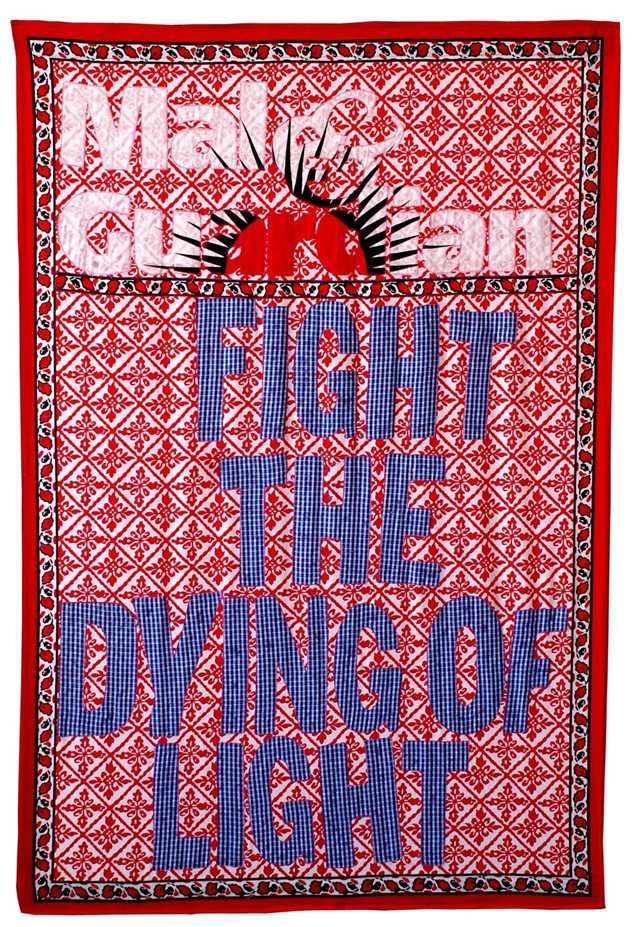
Robert Devereux, founder of The African Arts Trust, former Frieze chairman and 1:54 board member, couldn’t agree more. “Western art has become very self referencing and disengaged in the real world. Whereas African artists are extremely engaged, their work is social and has an authenticity to it. The art comes from within rather than external norms.”
The fair also hosts a programme of talks and screenings curated by Koyo Kouoh, artistic director of Raw Materials Company in Dakar, which fuels debate and even challenges the very premise of the show. “We refute limited outlooks seeking to tie the ever-complex nature of contemporary practice to a geographic locality,” she says. Africa in this context represents a mind-set and sense of cultural belonging rather than a landmass of 54 countries. It’s also a source of beauty, as 1:54 shows.
1:54: Contemporary African Art Fair is at Somerset House until October 19.
Text by Helen Jennings
